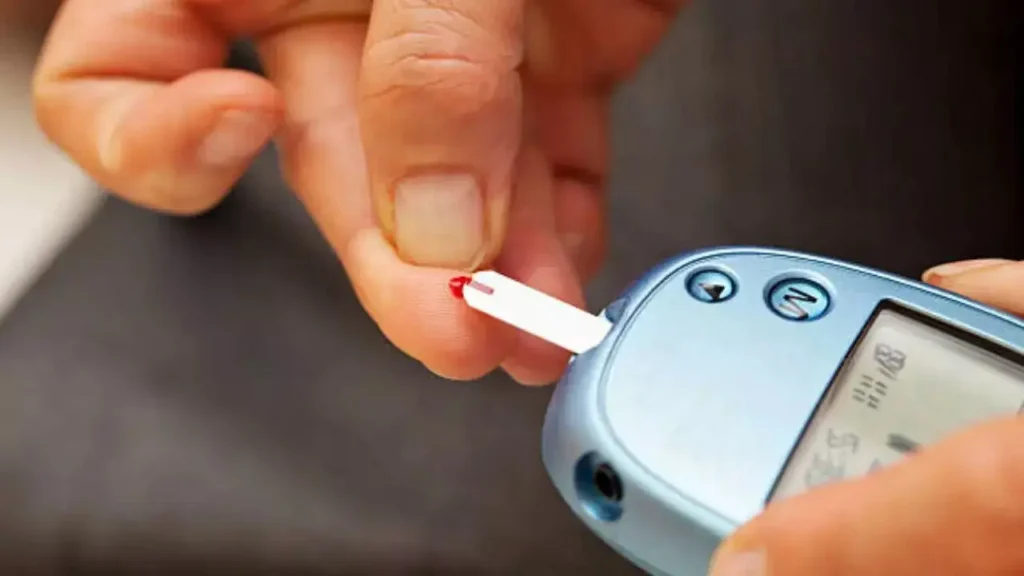
It’s normal to want warm, comforting treats like tea, samosas, and pakoras as the rain starts to pour and the temperature drops. Even though these could make you feel better, they can seriously affect your blood sugar levels, particularly if you have diabetes.
Diabetologist and general practitioner Dr. Akshay G. Narawad of The Physician’s Clinic discusses how emotional eating during the monsoon season can subtly impact diabetes management and what you can do to maintain control.
Why Do We Crave More During the Monsoon?
Both mood and appetite can be affected by the monsoon season. This is the reason:
- Low levels of sunshine cause mood swings via lowering serotonin levels.
- Hunger and desires for fried or high-carb foods are heightened in cooler temperatures.
- Hot foods provide emotional comfort, which produces a fleeting sense of well-being.
Although this is normal, giving in to these desires too frequently might cause blood sugar rises and long-term problems for people with Type 2 Diabetes or prediabetes.
The Link Between Emotional Eating & Diabetes
When you eat because of emotions rather than hunger, this is known as emotional eating. You may be tempted to overeat due to stress, boredom, or grief, particularly on dark, rainy days. Regretfully, these tendencies frequently result in:
- Blood glucose levels that are out of control
- A rise in insulin resistance
- Risk of cardiovascular problems and weight gain
How to Handle Monsoon Cravings Without Harming Your Health
1. Choose Healthy Alternatives
Swap fried foods with:
Baked moong dal chillas
Steamed idlis with sambar
Roasted murmura chaat
Herbal tea instead of sugary chai
2. Keep Yourself Hydrated
Sometimes, we confuse thirst with hunger. Sip on warm water or infused herbal teas throughout the day.
3. Maintain a Meal Schedule
Avoid skipping meals. Eating regularly helps prevent sudden hunger and overeating.
4. Stay Active Indoors
Rainy days can limit outdoor walks. Practice indoor yoga, stretching, or light cardio to keep your metabolism steady.
5. Mindful Eating
Before reaching for a snack, ask yourself: Am I really hungry or just bored/stressed? Keeping a food journal may help identify emotional triggers.
6. Consult Your Doctor for a Personalized Diet Plan
Everyone’s diabetes journey is unique. Visit a specialist to tailor your monsoon meal plan.
